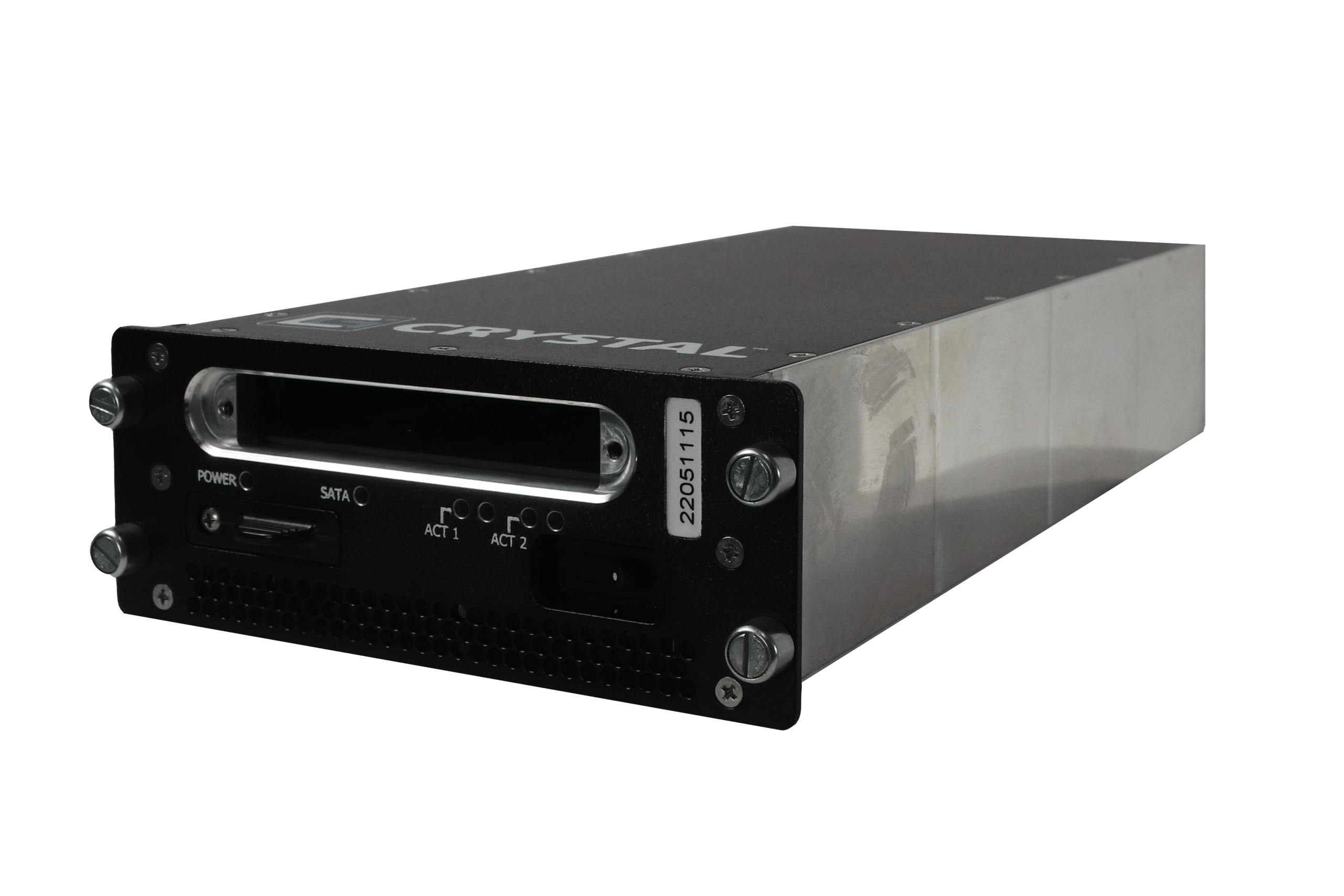Modern avionics and military platforms require field-ready, scalable, and high-performance mission computers to run compute-intensive, safety-critical workloads. However, these platforms need to function in space-constrained environments, in which it is essential to minimize the size, weight, and power (SWaP) of the systems. This goal can be effectively achieved with mission computers equipped with the latest processors embedded within rugged, compact, and power-efficient form factors. Edge computing systems used in missions must be easily customized with all the features and functionality needed to enable rapid decision-making, protect critical data and lead to successful engagements. Seamless integration of a variety of different components and architectures is required, which can be difficult to achieve.

Challenges: Accommodating customers’ small form factors while minimizing obsolescence
Systems optimized for SWaP factors must contend with the limited space available onboard jets and helicopters. Concurrently, these systems must supply increasingly large amounts of data storage required by the latest flight systems. The weight of mechanical and electronic parts is significant. The lighter the platform, the more payload aircraft can carry. Lighter vehicles can fly farther, longer, and faster.
Not only do the computer and electronic subsystems need to be SWaP optimized, but these systems must also operate reliably in harsh environments. Operating environments in jets and helicopters include hot and cold temperatures, but also vibrations, humidity, and high altitudes. The computer system mounting rails and fasteners must not be adversely affected by environmental conditions, such as weathering, corrosion, and abrasion.
Life-cycle management of aircraft computers and their subsystems is also important, ensuring operation over the life of the aircraft. Obsolescence management of avionics products is a technically challenging and costly financial problem. Multiple adverse business impacts can affect both the avionics suppliers and their customers. Though obsolescence is not unique to the aerospace industry, the long-life cycles of aircraft make it more challenging, as does the requirement to comply with airworthiness regulations. Continuous change to maintain compliance is complex and costly. Obsolescence is the result of the aerospace industry’s dependence on a supply base whose major markets — outside of aerospace — have shorter technology life cycles.
Aerospace has a continual demand for technological progress in aircraft system capabilities and safety improvements, but on a much longer timescale than the technology turnover timescale of the supply base. The evolution of electronic device interfaces and related standards results in general availability parts obsolescence issues. These issues include those associated with timing, power, thermal, environmental, and component/technology size characteristics.
Solution: Rugged, MIL-SPEC computers for critical mission programs
Crystal Group’s solutions power a broad range of aerospace and defense products and are optimized for mission success in some of the most challenging and demanding environments. We envision, create, and deliver innovative technology solutions to meet defense customers’ most pressing needs. The RE3101 is built to strict military standards, including Commercial Solutions for Classified (CSfC) and MIL-SPEC. CSfC is the NSA’s commercial strategy for leveraging industry innovation to deliver Information Assurance solutions efficiently and securely. MIL-SPEC computers are designed for the most extreme environments and most challenging computing applications. Constructed of ultra-rugged materials both inside and out, MIL-SPEC hardware often undergoes specialized testing to comply with various standards and certifications. The feature-rich RE3101 embedded computer system is powerful, compact and rugged. Configurable to meet customer-specific requirements, this rugged computer boasts advanced thermal management, milled aluminum chassis, extended temperature ranges and is field tested to withstand heavy shock and vibration.
To learn more about the RE3101, visit the product page and download the spec sheet.
Download the full report here.